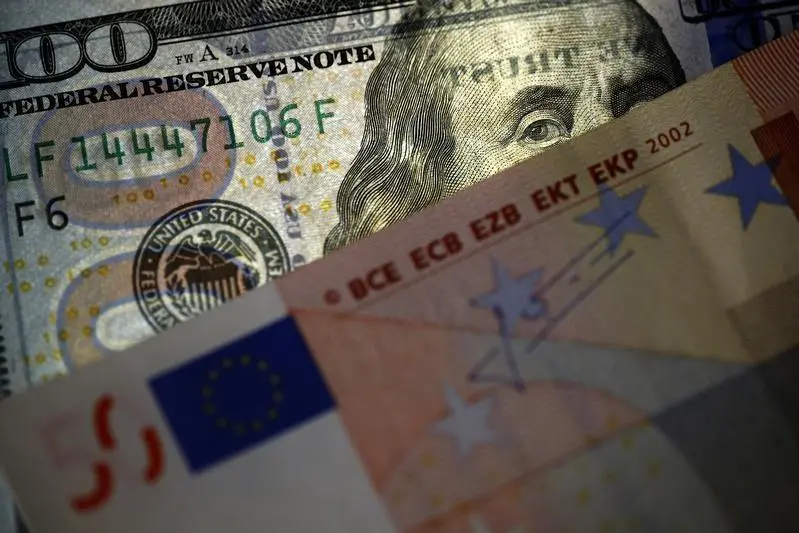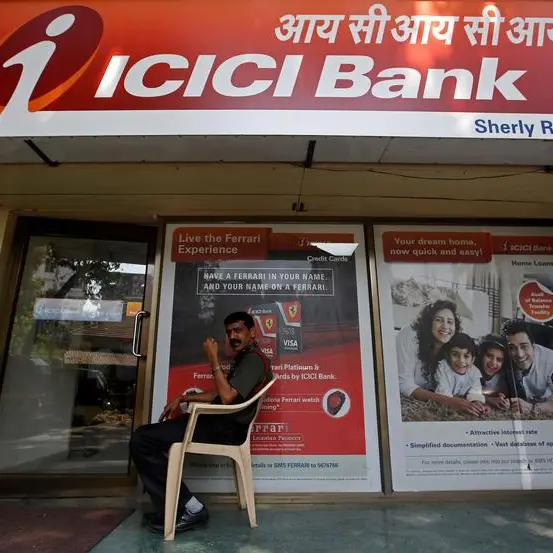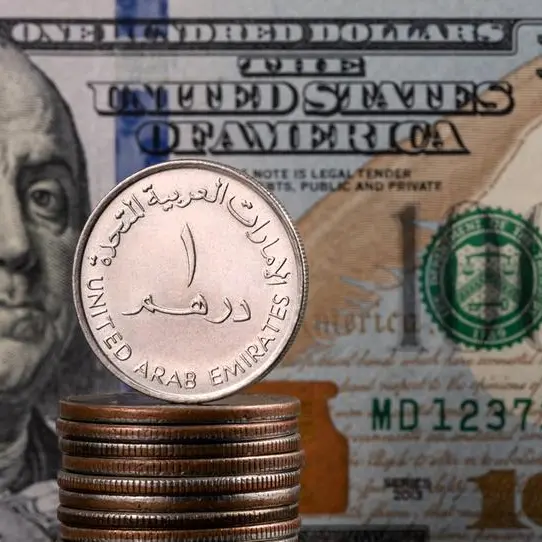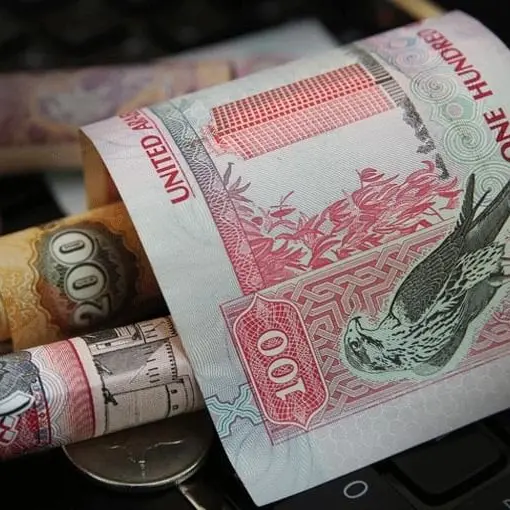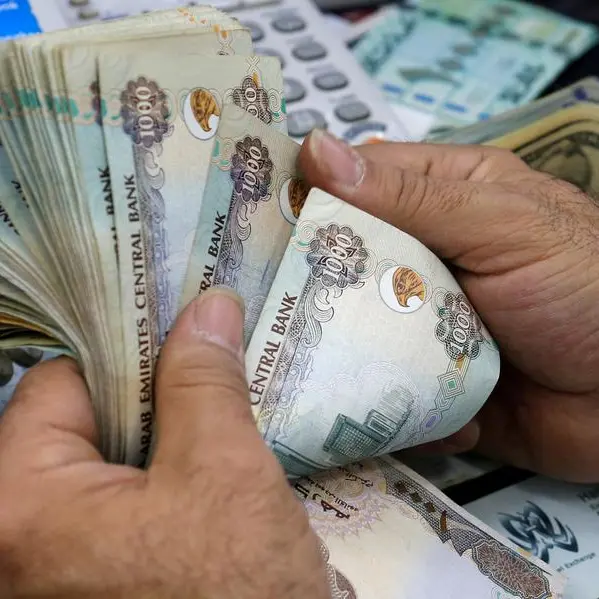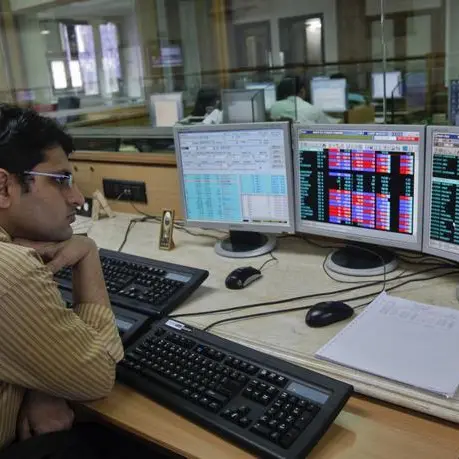PHOTO
The GCC issues of local debt instruments and US dollar-backed Eurobonds jumped to $15.90 billion in the fourth quarter (Q4) of 2022, compared to $11.80 billion in Q3-22 and $14.70 billion in Q2-22.
A report by the Central Bank of Kuwait (CBK) showed that the value of debt instruments payable by Gulf countries rose marginally to $607 billion by the end of Q4-22 when compared to a quarter earlier.
Meanwhile, the number of new issues dipped in most of 2022 owing to higher debt servicing costs and lower financing needs to fulfil budget deficit, given the increase in oil prices and commitment to medium-term fiscal reforms.
Saudi Arabia and the UAE dominated the lion’s share of Q4-22 issues, with the Saudi government raising $5 billion through the first medium-term Euro-denominated bond programme, which was issued about one year ago and comprises two tranches of $2.50 billion each.
In addition, the Saudi government continued its domestic Sukuk programme with $3.30 billion new issues in Q4-22, compared to $2.10 billion a quarter earlier. The Saudi Public Investment Fund (PIF) also raised $3 billion through a triple-tranche green bond issuance.
In the UAE, Abu Dhabi sovereign wealth fund Mubadala sold $1 billion in Formosa bonds.
GCC Sovereign Bonds Yields
The yields of medium-term GCC sovereign bonds slid during the October-December 2022 period, unlike their global counterparts. Strong financial balances and strong outlook for the non-oil sector further enhanced demand on regional bonds amidst decreasing new benchmark bonds.
Bahrain and Oman ranked first in terms of lower yields, down by more than 100 basis points (bps), while other Gulf states, including Kuwait, dropped at a relatively moderate pace ranging between 22-48 bps in Q4-22.
Ratings
S&P Global Ratings raised Oman’s sovereign credit rating twice in 2022. The last time was recorded in November at 'BB' from '-BB' with a stable outlook on improving fiscal position.
In Bahrain, the financial position was improved thanks to the revenue consolidation approach, which included raising the value-added tax (VAT) to 10% in 2022, coupled with the indirect positive impact of higher non-oil gross domestic product (GDP). Last November, S&P raised its outlook on Bahrain to positive from stable.
Interest Rates
The GCC central banks hiked their key interest rates following a similar move by the Federal Reserve System (Fed).
In a similar move, Saudi Arabia and the UAE hiked interest rates by a cumulative rate of 125 bps during Q4-22, while Kuwait’s central bank adopted a gradual approach after it raised only the discount rate by 50 bps in Q4-22. The gradual increase in the discount rate ticked interest rate differences, which were positive compared to Saudi Arabia, the UAE, and the US, into the negative zone.
Saudi Arabia and UAE’s PMI
The headline seasonally adjusted Purchasing Managers’ Index (PMI) of Saudi Arabia went down to 56.9 in December 2022, highlighting a sharp improvement in business conditions across the non-oil private sector.
Saudi Arabia’s output charges grew in December to the greatest extent since March 2022 despite the lower cost inflation.
Naif Al Ghaith, Chief Economist at Riyad Bank, commented: "The increase in interest rates has been offset by the rapid growth which is expected to be near 9% for 2022. This significant growth pushed prices even further in the service sector, pointing to an inflationary pressure caused by the demand side, especially in the service sector, that is shadowing the input cost.”
Meanwhile, the seasonally adjusted PMI of the UAE fell to 54.2 in December 2022, with the reading signalling a strong improvement in the non-oil sector although it was the softest since January last year, when it reached 54.1.
Outlook
Generally speaking, GCC bonds’ proceeds are expected to follow international markets. However, they may lose some of their gains amid higher inflation rates and a potential raise in interest rates by the Fed.
Nonetheless, higher oil revenues and improving general financial conditions may limit increases in revenue at higher paces on the back of drops in financing needs.
Moving forward, Kuwait’s sovereign issuances are expected to continue their weak performance, as the new public debt law has not been approved yet. The proposed debt law is set to allow Kuwait to tap into local and international debt markets.
All Rights Reserved - Mubasher Info © 2005 - 2022 Provided by SyndiGate Media Inc. (Syndigate.info).
